Discussions
Anticancer Agents
Ribosomal stress or "impaired ribosome biogenesis checkpoint (IRBC)" refers to the process by which particular ribosomal proteins bind to the ubiquitin-protein ligase MDM2 (or HDM2 in humans), blocking the ubiquitylation and destruction of p53. The activation of p53 and induction of ribosomal stress by the ribosomal proteins or RNA polymerase I (Pol I) inhibitors could stop the growth of tumor cells, trigger the immune system's removal of pre-malignant cells, and start the cellular senescence process.
We must address the problems of natural damage that induces ribosomal stress and the signals that mediate the response in order to discover cancer therapeutics. Cancer therapies utilizing Pol I inhibitors and the MYC proto-oncogene protein have been created recently. The mechanism of anticancer agents that eliminate tumor cells is that Pol I inhibitors could enhance p53 stabilization through the IRBC complex and thus inhibit ribosome biogenesis.
